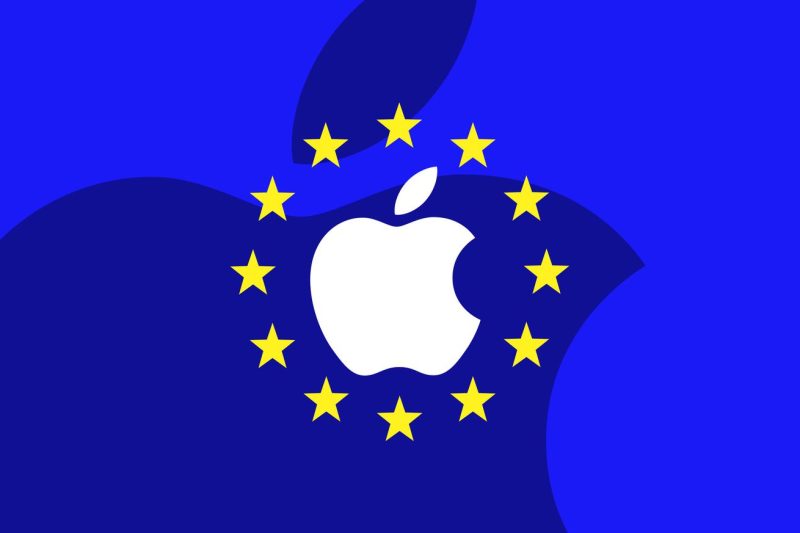
Apple Makes History as First Company Accused of Breaking EU’s DMA Rules
Apple Inc. has recently found itself in the crosshairs of European Union authorities for what appears to be a violation of the region’s Digital Markets Act (DMA) rules. This marks a significant development as Apple becomes the first company charged under this new regulatory framework aimed at reigning in the power of tech giants in the EU.
The DMA, which came into effect in June 2022, is designed to ensure fair competition in the digital marketplace and prevent the dominance of a few big players to stifle rivals and harm consumers. The legislation includes provisions that restrict certain anti-competitive practices such as self-preferencing and leveraging data to gain an unfair advantage.
Apple’s charges stem from allegations that the company has abused its market position in the music streaming sector, particularly with its Apple Music service. The European Commission, the executive arm of the EU, claims that Apple has placed restrictions on app developers that limit their ability to inform users of cheaper alternatives outside of the app.
By doing so, the Commission argues, Apple is disadvantaging competitors and restricting consumer choice. If found guilty of these charges, Apple could face severe penalties, including fines of up to 10% of its global turnover.
Apple, for its part, has denied any wrongdoing and has vowed to fight the charges. The tech giant maintains that its practices are in line with the law and that its goal is to provide a safe and secure platform for developers and users alike.
This case against Apple carries significant implications for the broader tech industry, as it sets a precedent for how the EU will enforce the DMA against other tech giants. Companies like Google, Amazon, and Facebook will be closely watching the outcome of this case to gauge the regulatory landscape in Europe.
In response to these charges, Apple has promised to work closely with EU authorities to address any concerns and ensure compliance with the DMA. The tech giant has a vested interest in reaching a favorable resolution to this case to maintain its stronghold in the European market.
As the first company to be charged under the EU’s DMA rules, Apple’s case serves as a litmus test for how effective these regulations will be in curbing anti-competitive behavior in the digital marketplace. The outcome of this case will not only impact Apple but will also set the tone for how other tech giants are regulated in Europe moving forward.
